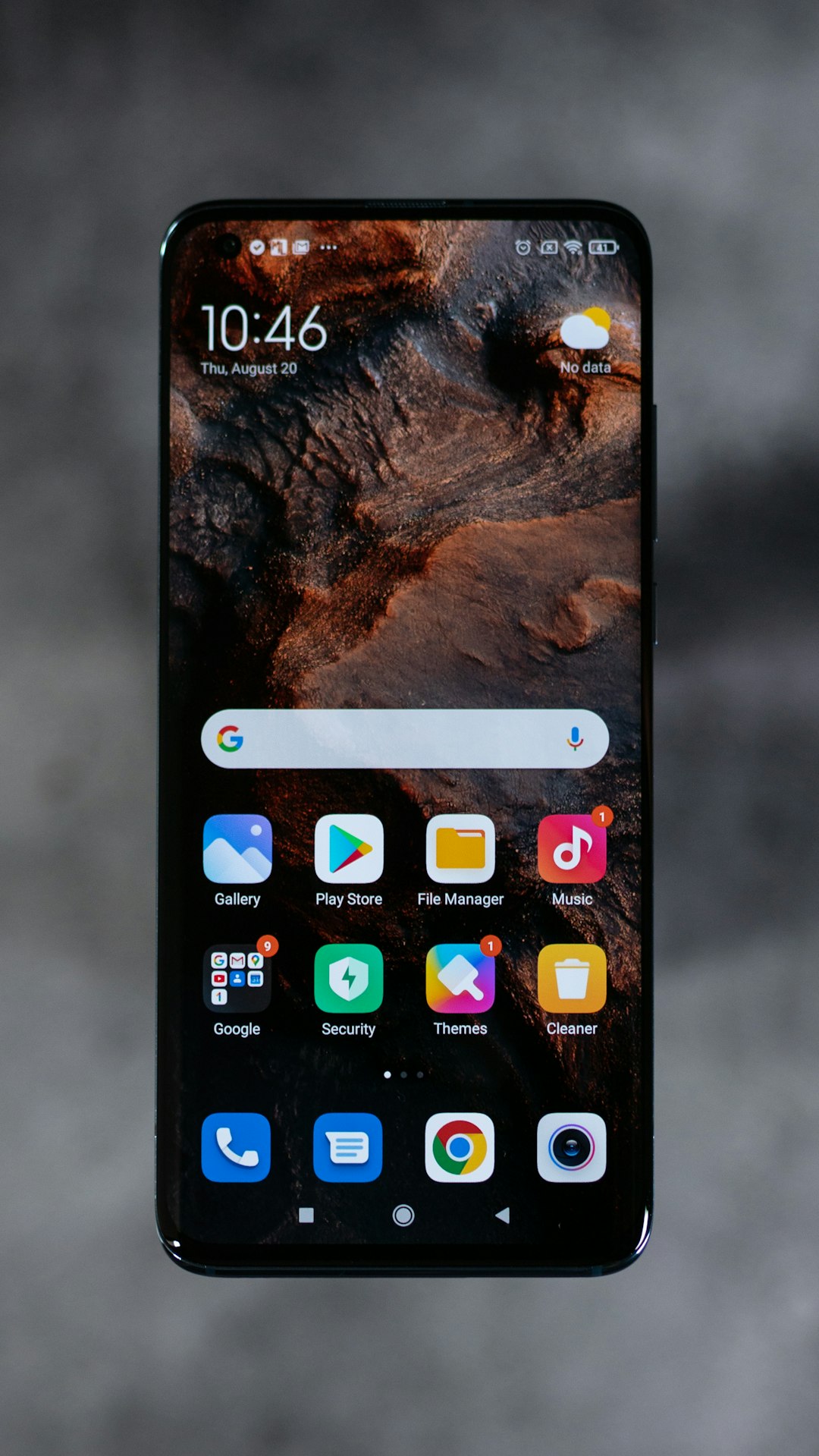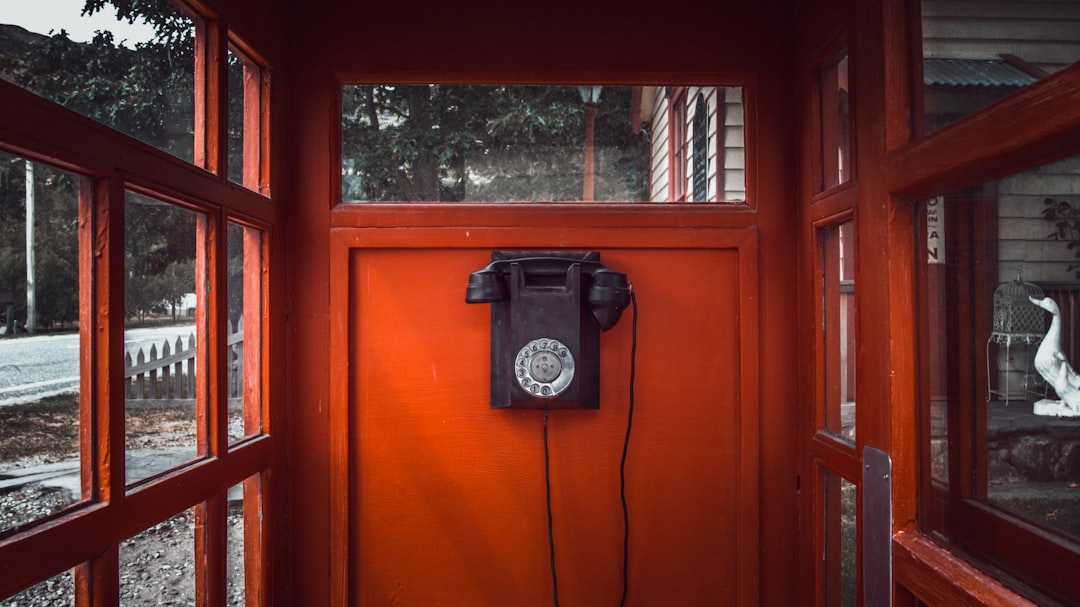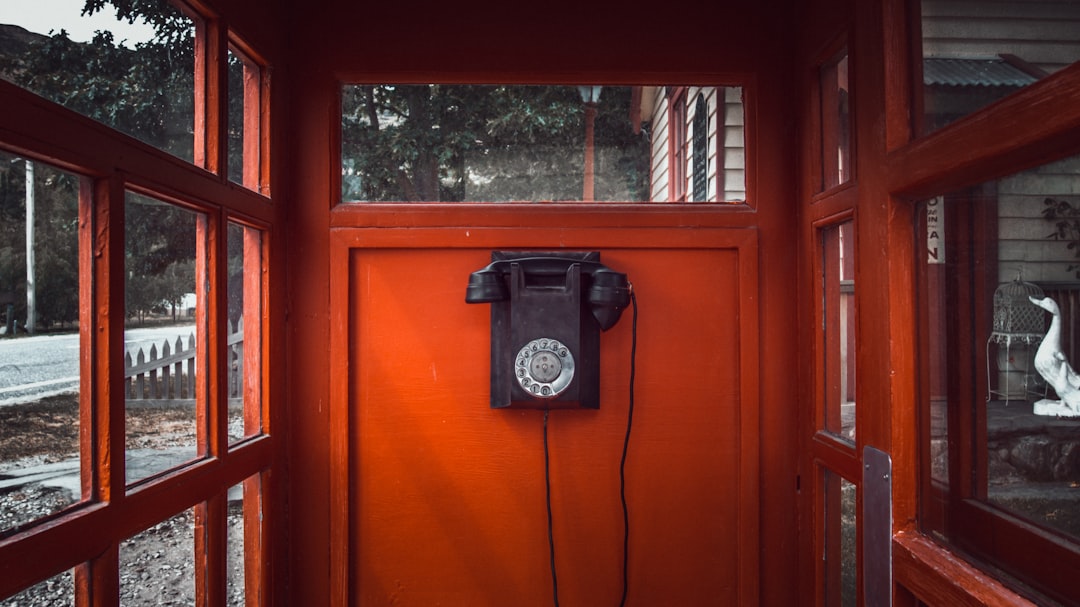Connecticut residents face an influx of robocalls from law firm telemarketers due to regulatory loopholes. Despite the Do Not Call Registry's limited impact on these calls, the Attorney General urges phone service providers to enhance blocking measures and considers legislation targeting law firm robocalls. Customizable blocking apps empower individuals to manage unwanted calls, while Connecticut's Do Not Call laws have proven effective in reducing nuisance calls from law firms, promoting a peaceful communication environment.
In Connecticut, robocalls have become a growing problem, inundating residents with unwanted and often fraudulent messages. To combat this, customizable blocking apps offer a promising solution. These applications allow users to protect themselves by filtering out calls through advanced settings, ensuring peace of mind. This article explores the effectiveness of these apps, highlights the importance of Connecticut’s Do Not Call laws in safeguarding consumers, and provides insights into how individuals can reclaim their privacy from relentless robocallers.
Connecticut Robocalls: A Growing Problem

In recent years, Connecticut residents have faced a rising surge in unwanted robocalls, particularly from law firm telemarketers. These automated calls, often promoting legal services or debt collection, have become a persistent nuisance for many. With just one press of a button, pre-recorded messages flood people’s phones, leaving them with no choice but to navigate through the constant interruptions. The Do Not Call Registry, while effective for some types of calls, has limited impact on robocalls originating from law firms. This is because many reputable law offices find loopholes and bypass these regulations, ensuring their automated marketing strategies remain unchanged.
The issue has become so prevalent that it’s prompted Connecticut’s Attorney General to take action. They’ve urged phone service providers to step up efforts in blocking these calls at the source. By implementing more robust security measures and advanced filtering techniques, service providers can better protect consumers from being pestered by persistent robocallers. Additionally, state officials are exploring legislation that would specifically target unwanted calls from law firms, ensuring Connecticut residents find respite from this growing problem.
Customizable Blocking App Solutions

In today’s digital era, where unwanted robocalls have become a pervasive nuisance, Connecticut residents now have access to innovative solutions for blocking these irritating calls, especially those from law firms. Customizable blocking app solutions offer a tailored approach to managing incoming phone calls, providing users with the power to decide who connects with them. These apps empower individuals by allowing them to create personalized blocklists, ensuring that specific numbers, such as law firm contact centers, are automatically filtered out before reaching their phones.
With customizable settings, users can fine-tune their call blocking preferences. They may choose to block all calls from unknown sources or create custom categories based on industry, area codes, or even individual callers. For instance, those frequently contacted by law firms for marketing purposes can seamlessly block these numbers without missing important personal calls. This level of customization ensures that residents of Connecticut can enjoy greater peace of mind and control over their communication channels while effectively managing unwanted robocalls from law firms.
Protecting Consumers: Do Not Call Laws

In an era where unwanted calls can disrupt daily life, protecting consumers from intrusive robocalls has become a top priority. One effective measure is the implementation of Do Not Call laws, which have been instrumental in mitigating nuisance calls across various industries, including law firms in Connecticut. These laws empower individuals to take control of their communication preferences by registering phone numbers on official do-not-call lists.
By adhering to the state’s Do Not Call regulations, Connecticut residents can expect a significant reduction in unsolicited calls, ensuring a more peaceful and secure communication environment. This is particularly relevant for law firms, as it allows them to focus on legitimate client interactions while respecting consumer choices. The customizable settings within robocall blocking apps further enhance this protection by enabling users to tailor their preferences, ensuring compliance with Do Not Call laws and fostering a harmonious balance between marketing efforts and individual privacy rights.






